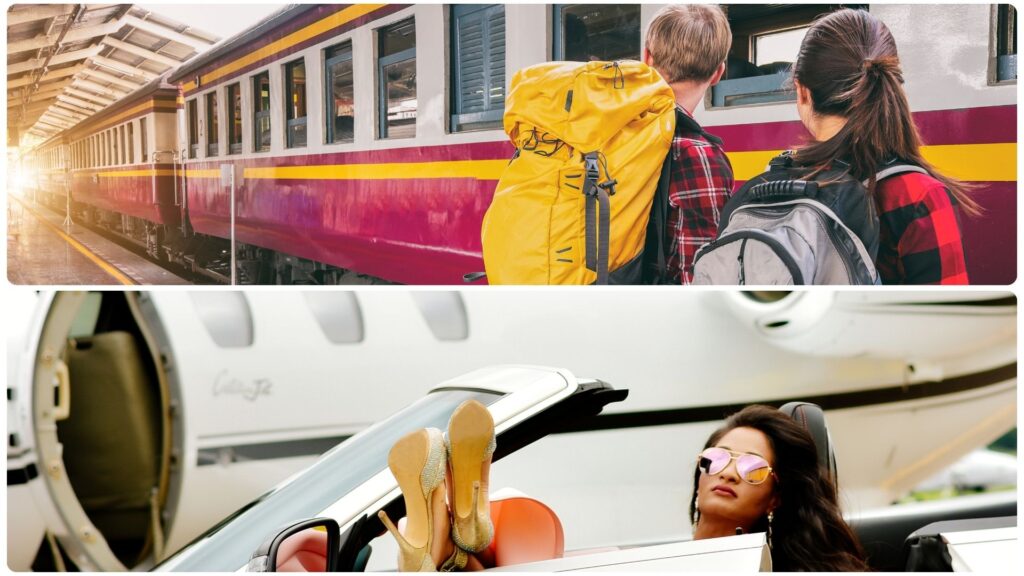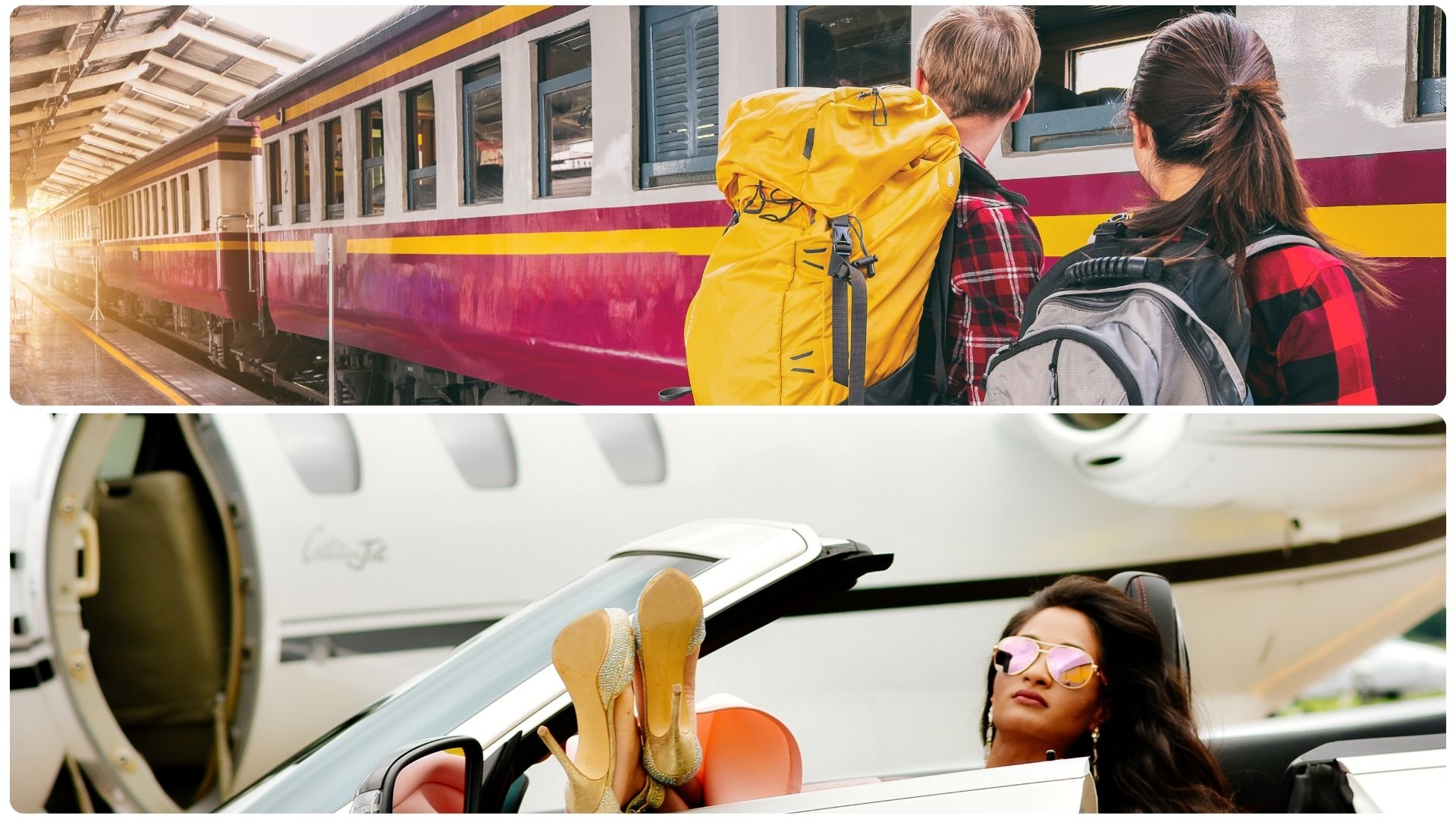As global tourism continues to recover and evolve post-pandemic, two distinct trends are capturing the attention of travelers and the travel industry alike: luxury travel and budget travel. While these two segments represent opposite ends of the travel spectrum, both are experiencing significant shifts driven by changing consumer behaviors, digital transformation, and economic realities. This article explores what’s growing faster in the current landscape of global travel and what it means for travelers, businesses, and destinations worldwide.
Understanding Luxury Travel in Today’s World
Luxury travel is no longer solely defined by five-star hotels, private jets, or high-end dining. Modern luxury travelers prioritize personalized experiences, exclusivity, and convenience. According to a report by Allied Market Research, the luxury travel market is projected to reach over $1.5 trillion by 2030, growing at a CAGR of 7.8% from 2021.

Key Characteristics of Luxury Travel
- Personalization: Customized itineraries, concierge services, and unique local experiences.
- Exclusivity: Private villas, secluded destinations, and VIP access.
- Sustainability: High-end eco-lodges and sustainable travel practices are becoming core values.
- Tech Integration: AI-powered travel planning, biometric check-ins, and luxury travel apps enhance the customer experience.
The Rise and Resilience of Budget Travel
On the other end of the spectrum, budget travel has become more accessible and appealing than ever. As inflation and cost-of-living pressures continue globally, travelers are seeking value-driven experiences. Budget airlines, low-cost accommodations, and the rise of travel-sharing platforms are all fueling this sector’s growth.
Key Drivers of Budget Travel
- Affordability: Discounted flights, budget-friendly accommodations, and local dining.
- Digital Tools: Comparison websites, booking apps, and digital itineraries help travelers save money.
- Community and Culture: Budget travelers often seek immersive, local experiences.
- Remote Work and Digital Nomads: Long-term budget travel is increasingly popular among remote professionals.
Comparing Growth Rates: Which Is Growing Faster?
Market Trends and Forecasts
While both segments are expanding, recent data suggests that luxury travel is growing at a slightly faster pace than budget travel, particularly in regions like Asia-Pacific and the Middle East. This growth is driven by a rising affluent middle class, pent-up demand for travel, and increased spending on wellness and leisure post-pandemic.
Factors Influencing Growth

| Factor | Luxury Travel | Budget Travel |
|---|---|---|
| Market Growth Rate | ~7.8% CAGR (2021-2030) | ~6.3% CAGR (2021-2030) |
| Primary Demographics | Affluent millennials, Gen X | Students, backpackers, nomads |
| Travel Style | Private, curated, exclusive | Flexible, independent, authentic |
| Booking Behavior | Premium travel agents, apps | Self-booking, price comparison |
| Popular Destinations | Maldives, Paris, Dubai | Bali, Thailand, Eastern Europe |
Philosophical Perspective: The Meaning of Travel
Greek philosopher Socrates once said, “The unexamined life is not worth living.” Travel, whether luxury or budget, provides a lens through which individuals examine different cultures, perspectives, and ultimately, themselves. Both types of travel offer meaningful, transformative experiences. The distinction lies not in the cost, but in the intention behind the journey.
Implications for the Travel Industry
For Businesses
- Luxury Providers: Should focus on offering curated, tech-enabled, and sustainable experiences.
- Budget Services: Must maintain value while ensuring safety, accessibility, and local authenticity.
For Destinations
- Overtourism Management: Balancing volume from budget tourists and preserving exclusivity for luxury travelers.
- Diversified Offerings: Creating tiers of experiences to cater to various demographics.
For Travelers
- Hybrid Travel Models: Combining luxury elements with budget-friendly options (e.g., luxury stays with local food).
- Purpose-Driven Choices: Increasing emphasis on eco-conscious and ethical travel decisions.
What Does the Future Hold?
While budget travel will continue to thrive due to global demand for affordability and adventure, luxury travel is likely to see a more accelerated growth trajectory in terms of revenue. This doesn’t diminish the value of budget travel but instead signals a diversified future where both styles coexist and adapt to changing traveler needs.
As AI, personalization, and digital services continue to evolve, travelers will find it easier to navigate and switch between luxury and budget offerings depending on their trip goals. The travel industry must prepare to serve an increasingly segmented yet interconnected audience.
Conclusion
Luxury travel and budget travel are both vital components of the global tourism landscape. Each offers unique advantages, challenges, and growth patterns. The real question is not which is better, but which best suits your goals, values, and vision for the journey ahead. Whether you seek opulence or authenticity, the future of travel is inclusive, tech-enhanced, and constantly evolving.

